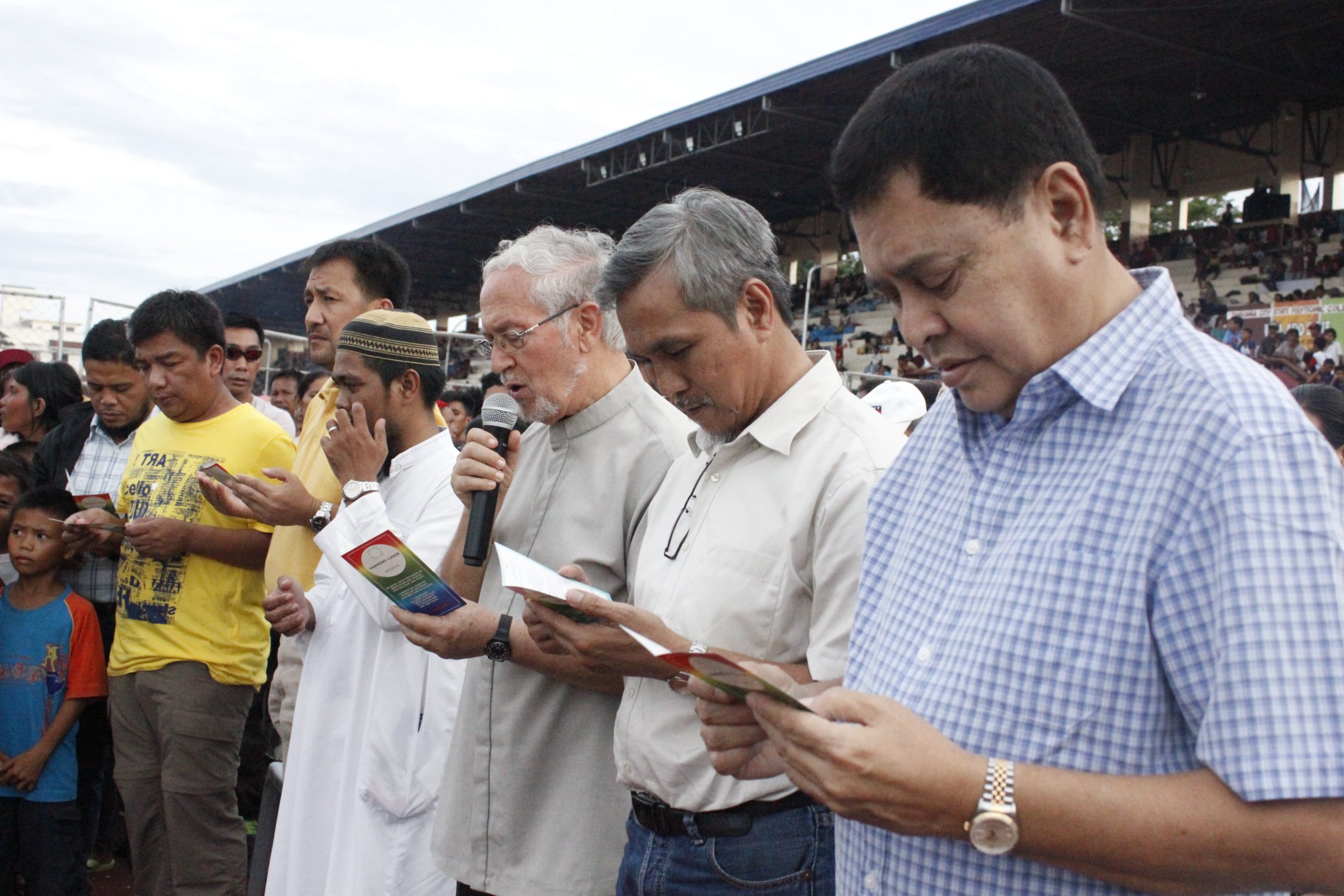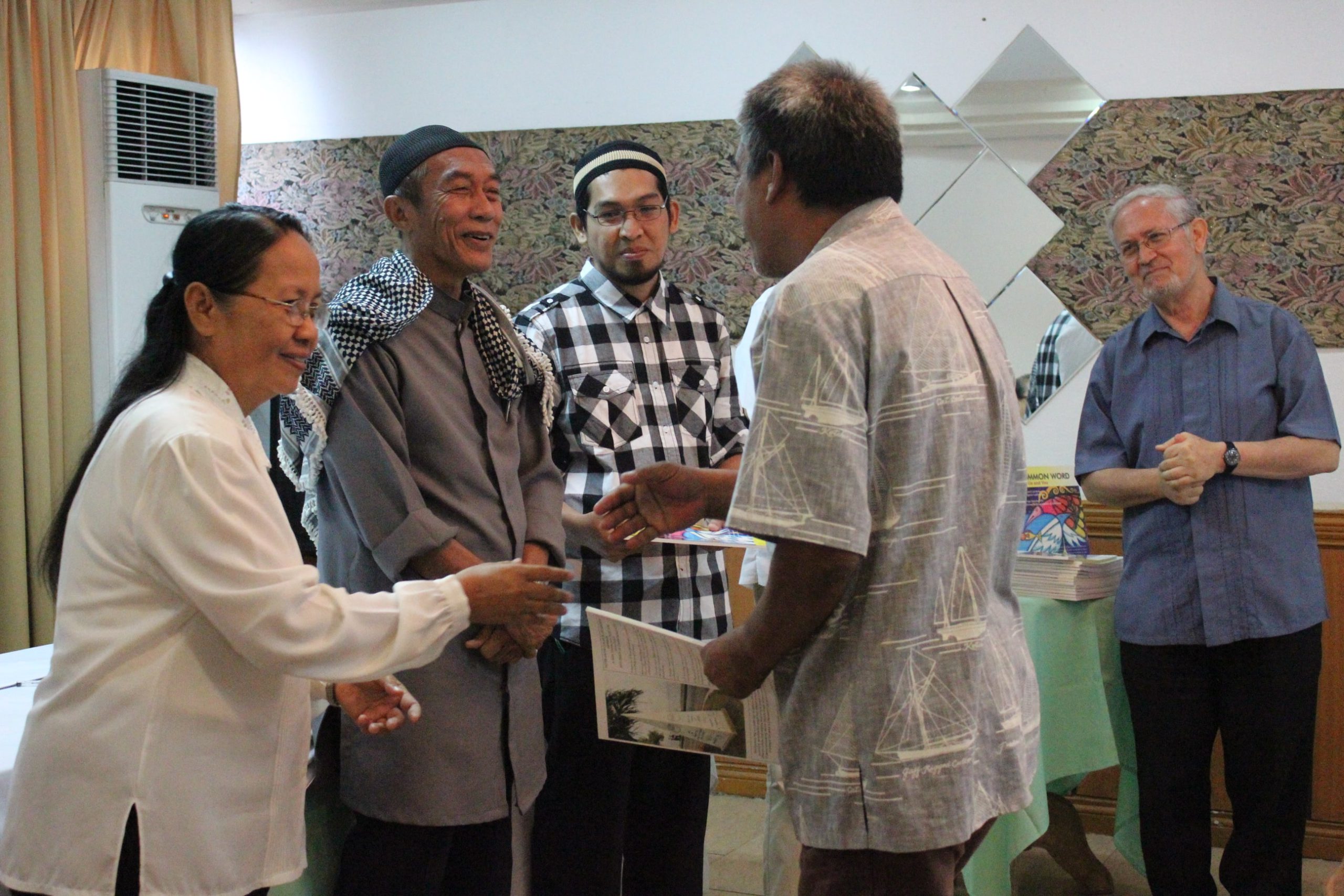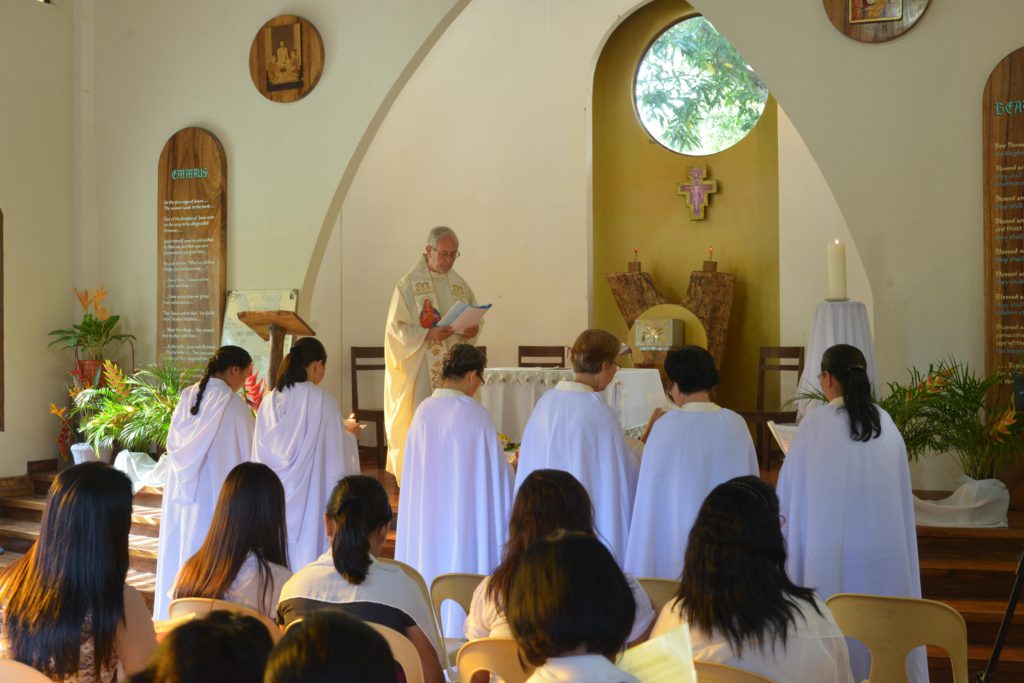A groundbreaking formation for catechists is set to begin on the island of Mindanao, in the spirit of the Silsilah movement, which marks its 40th anniversary this year. The island has been plagued by interreligious violence and tension for decades, spearheaded by Islamist militant groups.
Dozens of catechists will come together to attend a special formation programme in June, at the Emmaus College of Theology, in Mindanao, a part of the Philippines which has witnessed terrible violence and instability over the past years.
The Philippines is one of only two countries in Asia with a Christian majority, along with the small nation of East Timor. Mindanao, though majority Catholic, has a large Islamic community.
Only a few months ago, in December 2023, a bomb killed four people attending Mass in the gymnasium of Mindanao State University, in Marawi, and the same city was fully occupied by ISIS-linked militants in 2017, leading to a siege that lasted five months, resulting in the death of over 1,000 people, and the displacement of 1.1 million.
Father Sebastiano D’Ambra, an Italian missionary with decades of experience in Mindanao, founded Silsilah, which means “linked chain” in Arabic, with the aim of fostering understanding and peace through interreligious dialogue, and forming community leaders in those values. The organisation celebrates its 40th anniversary this year.
Over time, Fr D’Ambra realised that besides strengthening interreligious ties, the Catholic community also needed a better grounding in the faith. The Emmaus Dialogue Movement was created to address this challenge.

Catechist formation
The aim of the formation programme organised by the Emmaus Movement in June is to prepare catechists to better spread and preserve the faith of their communities, and also to equip them to engage in interreligious dialogue with the Muslim population, very large in the island.
“Today there is a lot of confusion and discouragement in the Church. Many become Muslims, join other Christian denominations, or completely abandon faith. We plan to do a very comprehensive and intensive course that will help participants to be well prepared to be leaders, catechists or teachers of religions”, says Father Sebastiano D’Ambra.
“Since we are asking the bishops and priests to select the catechists who will participate in our special course, with the objective of replicating it in their own areas, we are offering it for free. This challenges us to present this course in a creative way, and to provide useful material for participants”, Father Sebastiano D’Ambra told ACN, which will support the programme.

Need for dialogue
According to the organisers, attendees will be handpicked in the areas surrounding the city of Zamboanga – at the southern tip of the Zamboanga Peninsula, on the western reaches of the island of Mindanao, where the institute is based. Zamboanga has not been spared terrorism, and has been hit by bombing campaigns and terrorist attacks causing much destruction and resulting in tension between communities.
Having also founded the Emmaus College of Theology, this new course for catechists is just the latest step in the overarching Silsilah project. “We are confident that this new course of formation will help many and will be an inspiration for others to follow the example”, says the priest.
The course, which will take place in June, is also seen as an ideal way to commemorate the 40th anniversary of the Silsilah movement, which continues to make an important contribution to peace and harmony in the region.
The international Catholic charity Aid to the Church in Need (ACN) has been a partner of the Silsilah movement for over 20 years. Among others, the organisation helps fund the activities of the Emmaus Theological College and contributed to the construction of student dormitories in the adjacent Harmony Village. ACN will also be providing a grant to help fund the course for catechists set to take place in June.


